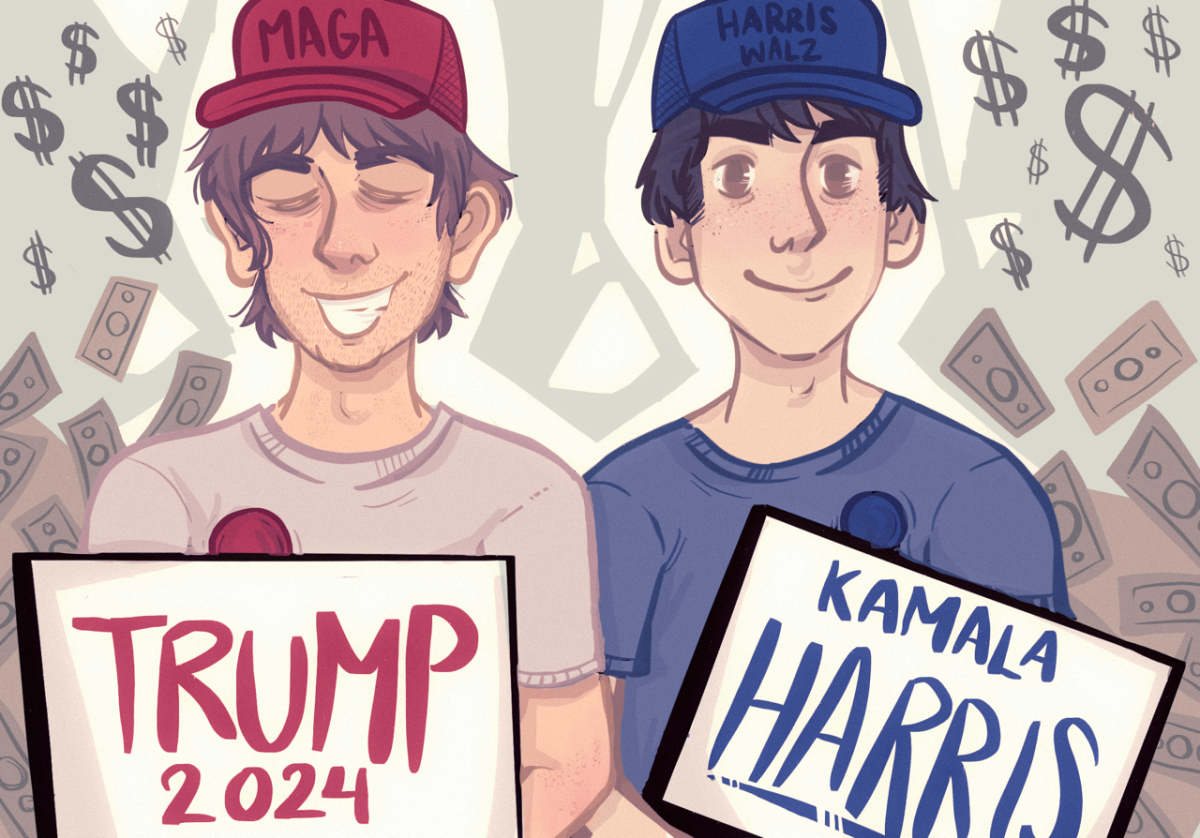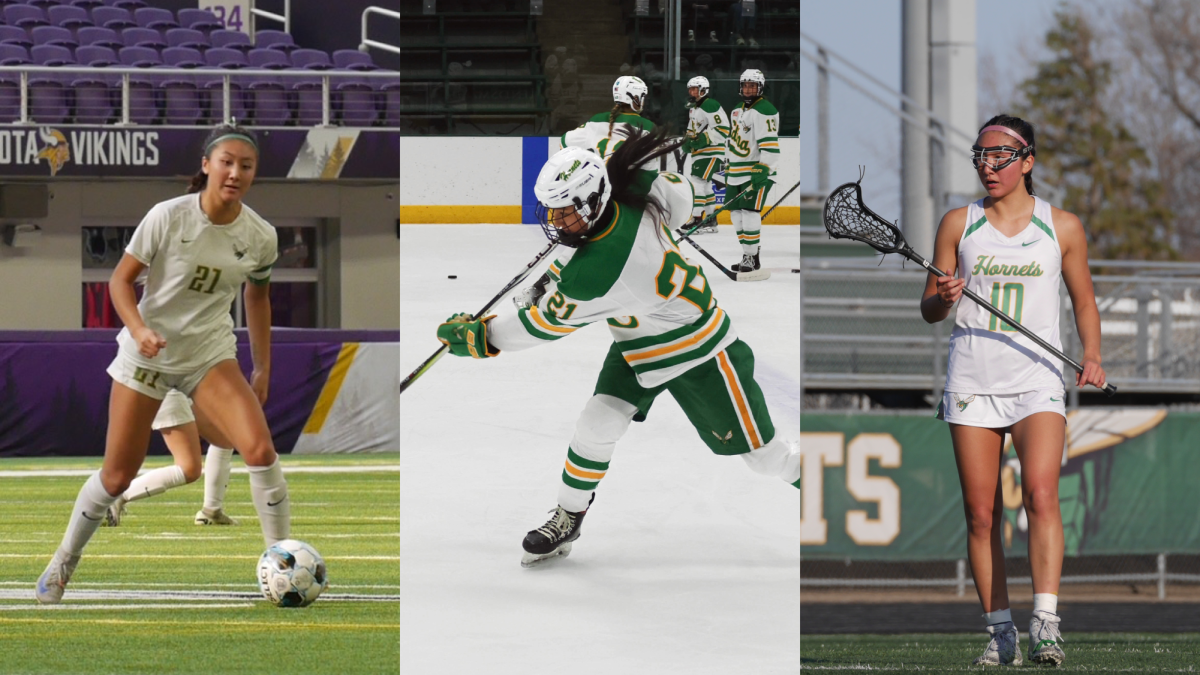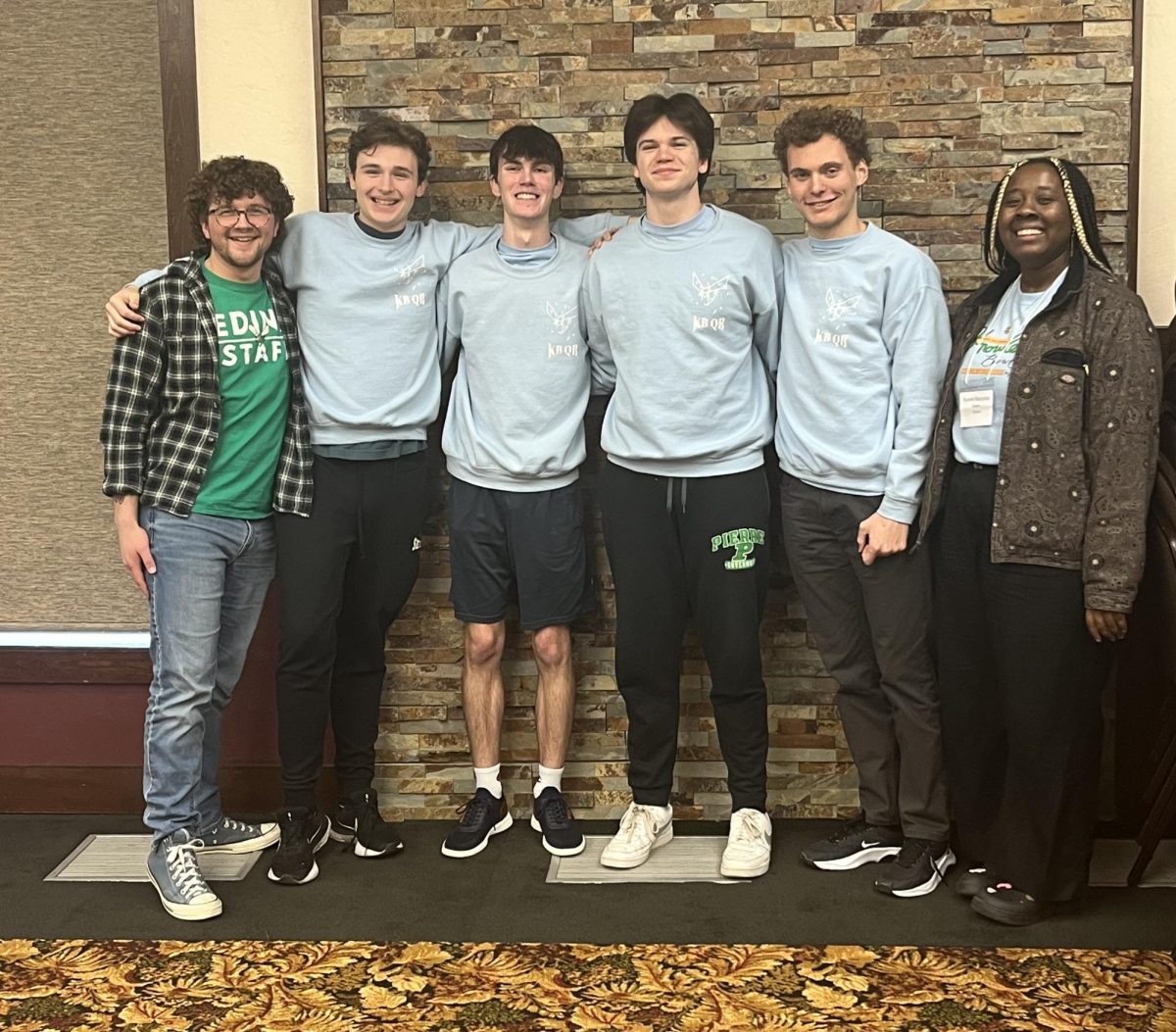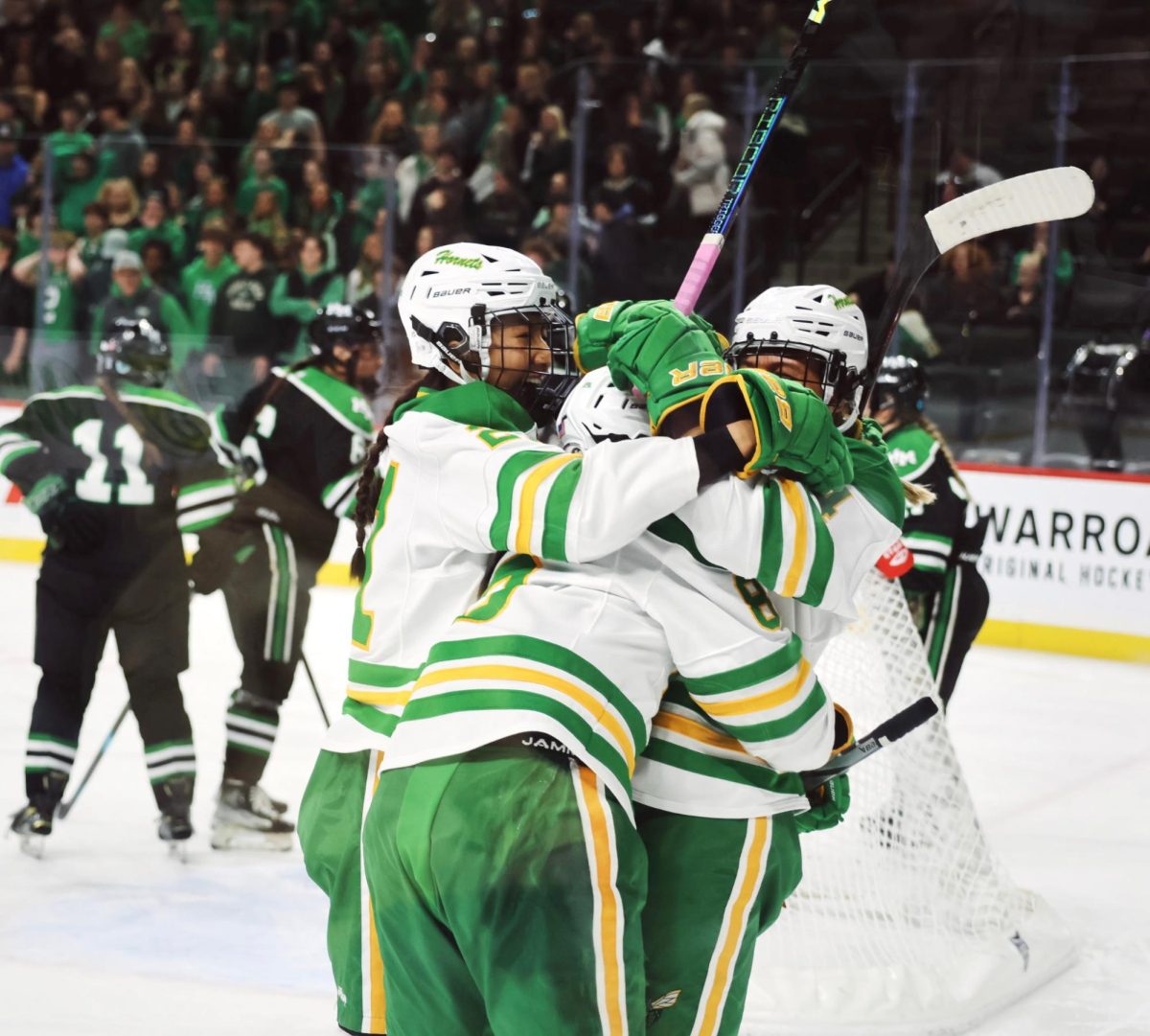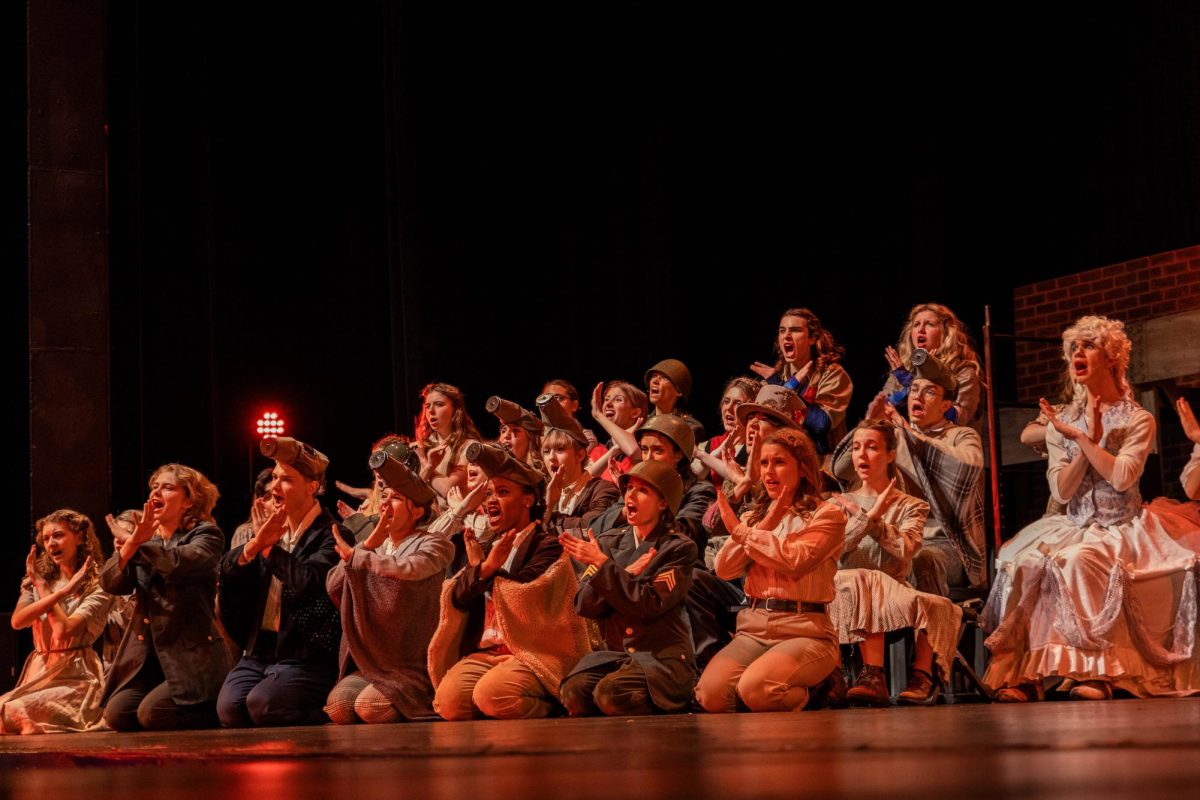Throughout election season, when sports fans turn on the channel to watch their favorite team play, it’s often a way to kick back and ignore the outside world. However, many might not consider that in the game of politics, athletes are playing on and off the field.
Historically, athletics have had a political impact, with global events supporting movements such as the 1968 Olympics Black Power salute or Muhammad Ali’s refusal to fight in the Vietnam War for religious and political reasons, which led to his title being stripped.
More recently, sports figures like Kansas City Chiefs kicker Harrison Butker use their platform to express political and personal values. Butker suggested in a commencement speech that women would be more fulfilled by pursuing marriage and children rather than careers.
This sparked backlash, leading the National Football League (NFL) to distance itself from Butker shortly after the internet got ahold of his statement. Similarly, in 2023, the National Hockey League banned the usage of Pride tape by players on the ice, only for it to be rescinded after players and fans protested.
But, for election politics, the role sports teams, owners, and leagues may play lies a lot deeper. ESPN and FiveThirtyEight found that between 2015 and 2020, professional sports owners donated $47 million to federal elections with 72.9% going to Republican campaigns or super PACs.
Some exceptions, like Minnesota Vikings owner Zygi Wilf, who donated $69,150 to Democratic organizations, reveal how contributions are shaped by personal, ideological, or economic reasons, as ESPN proposed. “All [of] that area around [the] U.S. Bank has been redeveloped, and the Wilfs are at the center of that; that takes a lot of influence with politicians and planning, so they’re going to contribute to where they know it may be beneficial with them,” social studies teacher Scott Stadem said.
“Owning a pro[fessional] sports team is still an investment, and politics is part of that investment,” he said.
Players too, are often politically active. For instance, ex-NFL athlete Antonio Brown backed Donald Trump, while over 50 former football players and coaches endorsed the Kamala Harris-Tim Walz campaign for National Black Voter Day. “When you get to that platform, people are paying attention to you. You feel you have to speak with some level of expertise,” Stadem explained.
Some go beyond endorsements and launch their own political careers. Former Vikings athlete Matt Birk ran for Lieutenant Governor of Minnesota in 2022, and ex-wrestler Jesse Ventura was the Minnesotan governor from 1999 to 2003.
“Professional athletes are very in tune with the idea of precision. That translates well to politics,” Stadem said. “I would not be surprised if in your lifetime you see a ton of pro[fessional] athletes step out of their athletic role and move into the political world.”
This piece was originally published in Zephyrus’ print edition on November 4, 2024

